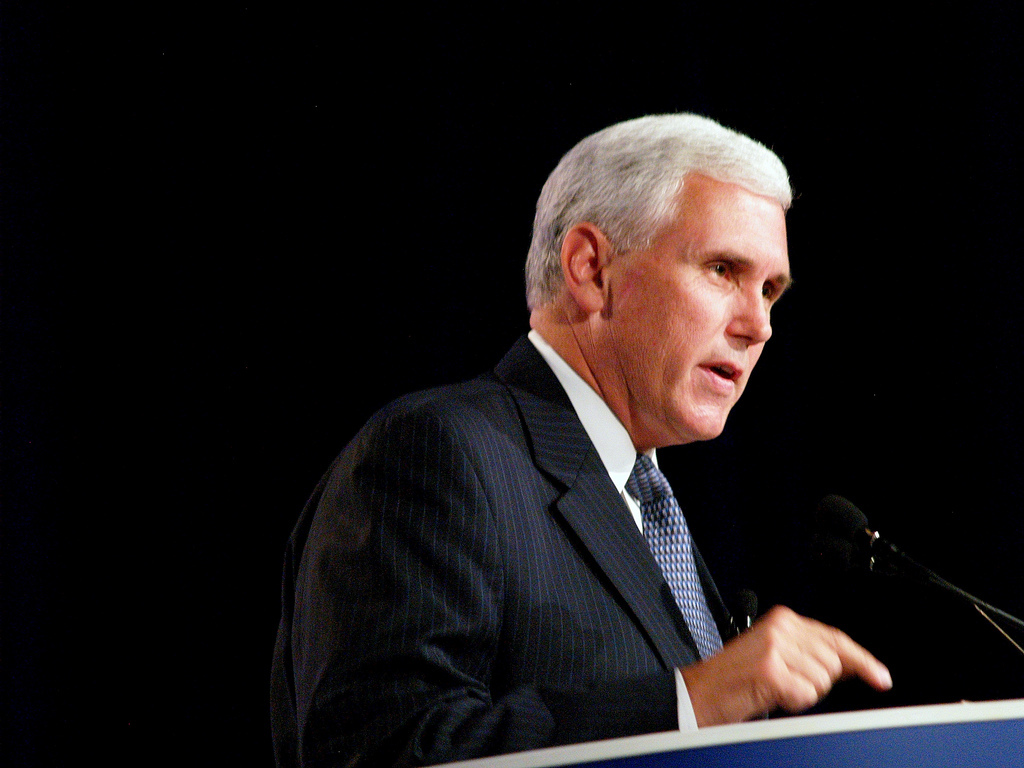Indiana Gov. Mike Pence has conditioned expanding Medicaid under the federal health care law on approval to use state health savings accounts for the expansion, allowing the state to use its Healthy Indiana Plan to cover new enrollees.
The Healthy Indiana Plan is a consumer-driven health plan (CDHP) pairing a high deductible plan with a health savings account, begun under former Gov. Mitch Daniels. It has proven popular with Indiana state employees, but if expanded to the Medicaid population under President Obama’s health care law it could prove costly to federal taxpayers.
According to Pence spokesperson Christy Denault, the Obama administration is currently considering the state’s request.
“We have sent a letter to [HHS] Secretary Sebelius, applying for a waiver for our Healthy Indiana Program, and we are waiting for a response on that,” Denault said. “We have said that any possible expansion of Medicaid in Indiana must be built upon the Healthy Indiana Plan.”
Denault said CDHPs are key to any potential Indiana Medicaid expansion.
“Studies show that over time consumer driven health plans reduce costs, and that’s why the governor’s insisting that any discussion of the expansion of Medicaid in Indiana must begin with the Healthy Indiana Program,” said Denault. “It’s a different model than Medicaid. When it comes to this topic, Gov. Pence has two priorities: the health of those who depend on these programs, and the fiscal health of Indiana.”
Expansion Would Be Pricey
Michael Cannon, director of health care policy studies at the Cato Institute, said even with CDHPs, expansion would not be a wise choice.
“Indiana should scrap both the Healthy Indiana Plan and the Medicaid expansion. The Healthy Indiana Plan was a bad idea to begin with, because it increases the welfare rolls and Medicaid spending,” Cannon said.
Although a recent Associated Press story suggested the Healthy Indiana Plan would be 44 percent more expensive than Obamacare’s standard Medicaid expansion, Denault said “that is not the case.”
“That analysis did not account for the fact that the Healthy Indiana Program serves a different and more expensive population, and it also has a much higher reimbursement rate so that doctors will participate in it,” Denault said. “That goes to the health of those who use the programs, because they can actually readily access care. If people want to participate in the program they can find providers.”
But Cannon says no matter how good the Healthy Indiana Plan is, implementing it under Obama’s law would be more expensive than the Pence administration anticipates.
“If Pence uses it as a model for implementing ObamaCare’s Medicaid expansion, then ObamaCare will cost the state even more [than current estimates],” Cannon said.





